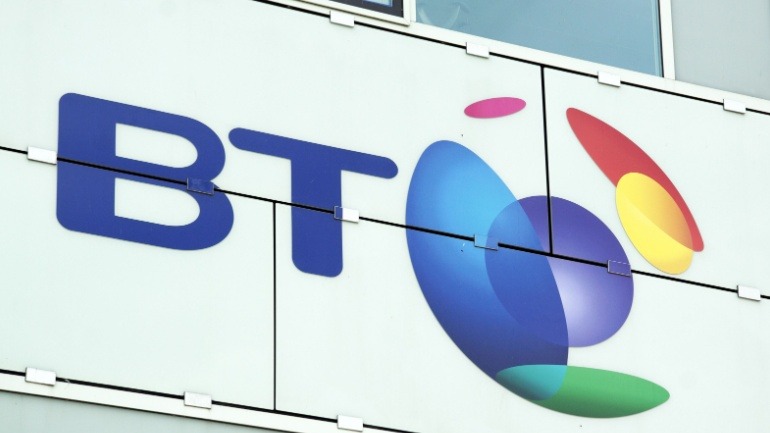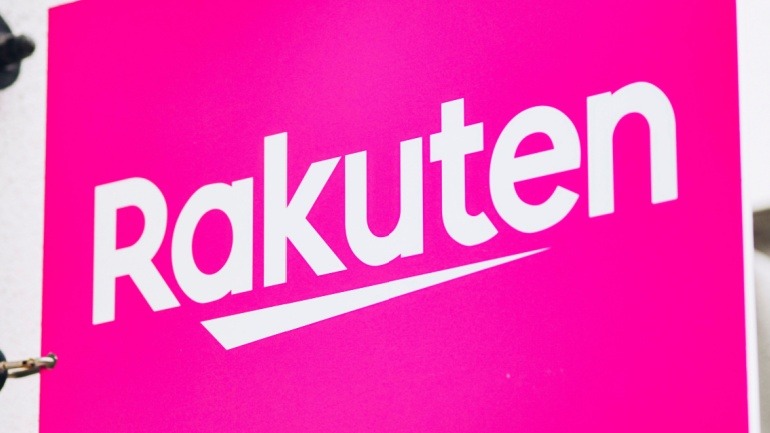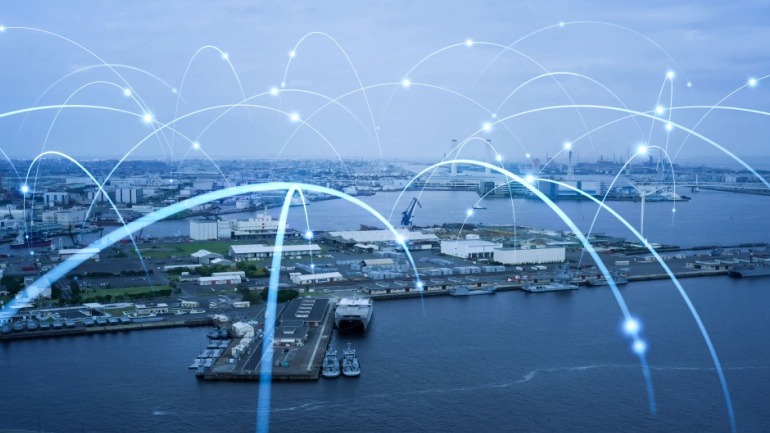Qualcomm and e& UAE have partnered to advance 5G and edge AI in key UAE sectors. The alliance focuses on developing AI-powered devices and gateways to boost real-time data processing and efficiency, supported by Qualcomm’s new Abu Dhabi center.
BT has launched a new international unit as part of its strategic overhaul, aiming to streamline operations and sharpen focus on the UK market. Led by Bas Burger, the division will operate independently and enhance financial transparency, supporting BT’s broader cost saving goals.
Rakuten Mobile posted its first quarterly EBITDA profit, signaling progress in its greenfield strategy despite wider net losses. The telecom unit’s revenue rose nearly 11 percent, and subscriber growth continued. Positive EBITDA and reduced losses hint at a potential turnaround for the ambitious, cloud-native network operator within Rakuten Group’s evolving telecom push.
Verizon has unveiled a significant initiative supporting small businesses through its $5 billion Small Business Supplier Accelerator program. This effort simplifies integration into large supply chains by offering resources like customized onboarding, training, and flexible terms.
SK Telecom’s AI ventures are growing steadily, with notable gains in data center and enterprise services. However, a major data breach has shaken its core mobile business, threatening customer trust and retention. With AI contributing only a small share of revenue, SKT must act fast to recover stability and reassure users.
The European Commission has launched a review of merger rules to boost investment and innovation across the EU. Key updates target competitiveness, digitalisation, and resilience, addressing concerns from both telecom operators and regulators. The reform aims to modernize policy amid global tensions.
BT has appointed Peter Leukert as Chief Digital Officer, effective September 1. Currently CIO at Deutsche Telekom, Leukert will lead BT’s Digital unit, driving transformation and innovation. He brings extensive global experience and will join BT’s Executive Committee, reporting to CEO Allison Kirkby.
Nokia is partnering with Maersk to equip 450 vessels with private wireless networks, enhancing cargo tracking and real-time monitoring. The system will support thousands of IoT devices, improving efficiency and visibility across Maersk’s global logistics operations.
Maersk is transforming maritime logistics with OneWireless, a private LTE network being installed on 450 vessels. This upgrade enables seamless tracking and management through advanced connectivity. Partnering with top tech firms, Maersk aims to boost operational efficiency.
Global smartphone shipments in early 2025 remained nearly flat at 296.9M units. Samsung and Apple led the market, while growth in regions like India and Latin America slowed. The U.S. saw strong gains, but rising trade tensions and tariffs may impact future pricing and production strategies.













